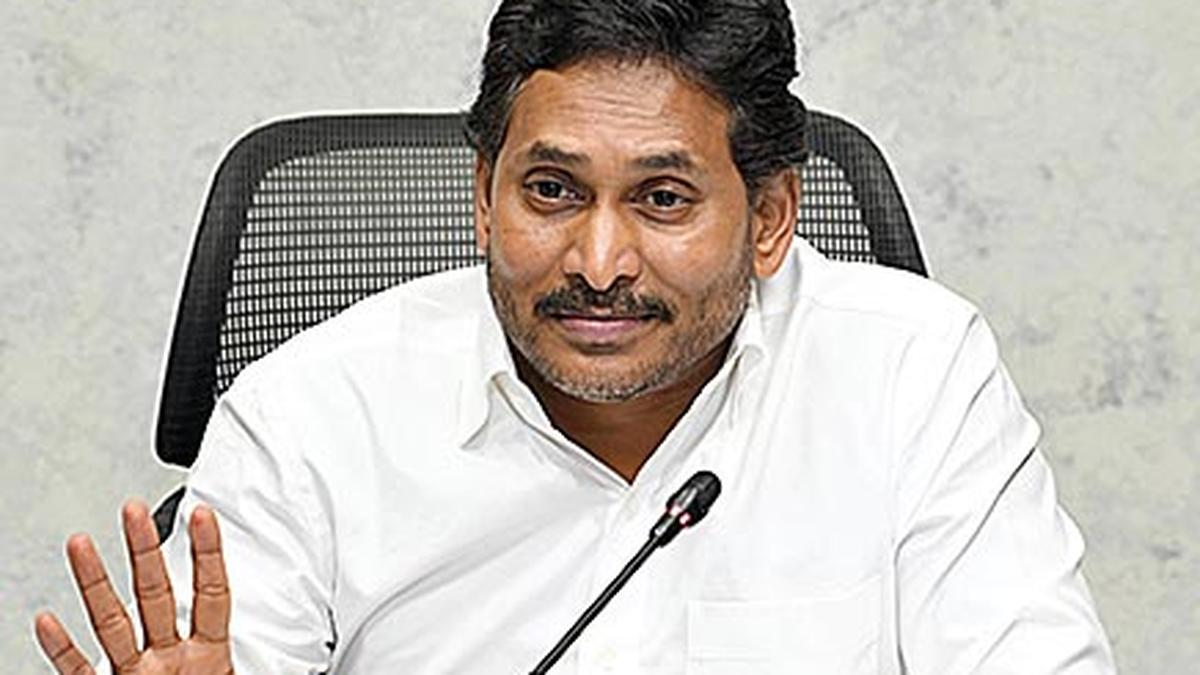ARTICLE AD BOX
Last Updated:June 05, 2025, 07:54 IST
For the first time in years, chiefs of the armed forces and veterans are making pointed public statements about the need for homegrown critical technologies.

PM Modi has, in a series of closed-door meetings, flagged the urgency of ‘technological sovereignty’, say sources. (PTI)
In a significant effort to recalibrate India’s economic and strategic doctrine post Operation Sindoor, PM Modi has, in a series of closed-door meetings with his core economic team and senior bureaucrats, flagged the urgency of embedding ‘technological sovereignty’ into the country’s long-term policy thinking, News18 has learnt.
This policy push, triggered by the intensifying global tariff war and an increasingly fragmented geopolitical order, is already beginning to manifest through several decisions taken by the government recently along with a rare public alignment between India’s economic and military establishments.
For the first time in years, chiefs of the armed forces and veterans are making pointed public statements about the need for homegrown critical technologies. It is a signal that the strategic community has internalised the consequences of over-dependence on foreign systems — from semiconductors to cyber infrastructure, from indigenous weaponry to homegrown artificial intelligence (AI) units — and is currently preparing for a more autonomous self-sustainable future.
“The old model of over-dependence on foreign countries, import heavy deals will not hold. We are moving to a security-led industrial vision, one that’s driven by strategic compulsion, not market comfort," said a senior officer familiar with the developments.
This policy turn is already shaping multiple outcomes. Several initiatives for national security applications are underway, steered by a tri-partite alliance involving India’s indigenous tech players, government and strategic partners abroad. The facilities — under the direct watch of the PMO and defence agencies — will manufacture critical surveillance systems along with advanced infrastructure. “This is just not about manufacturing. It is also about strategic insulation," added the senior officer.
After PM’s meetings, ‘trade sovereignty’ has also been redefined — not just as tariff autonomy, but as the capacity to build, negotiate, and protect value chains.
At the heart of this is cyber-industrialisation, with India asserting its right to develop its own regulatory frameworks tailored to domestic priorities. The broader aim, officials say, is not economic isolation, but to future-proof India’s interests in a world that no longer guarantees predictable access to technology or trade routes.
“Every nation is now thinking of protecting their own interest. It is a strange new world where bi-lateral, multilateral relationships are rewiring. One cannot be a power in the new order without owning tech stack and trade levers," another senior officer added.

Madhuparna Das, Associate Editor (policy) at CNN News 18, has been in journalism for nearly 14 years. She has extensively been covering politics, policy, crime and internal security issues. She has covered Naxa...Read More
Madhuparna Das, Associate Editor (policy) at CNN News 18, has been in journalism for nearly 14 years. She has extensively been covering politics, policy, crime and internal security issues. She has covered Naxa...
Read More
- Location :
- First Published:
News india After Operation Sindoor, Govt Pushes For 'Tech Sovereignty' As Part Of Emerging 'New Normal'



.png)
.png)
.png)
















 1 day ago
4
1 day ago
4








 English (US) ·
English (US) ·